Have you ever wondered why your cat seems to gravitate toward certain people in your home? Maybe it’s the way they wake up at the same time every morning or the predictable sound of the can opener at dinner. Cats are mysterious creatures, but there’s one thing they seem to crave above all else: routine. The idea that our feline friends might actually prefer people who stick to regular schedules is as fascinating as it is heartwarming. Let’s dive into the quirky world of cat preferences and see if your daily habits make you your cat’s favorite human.
The Mysterious Mind of a Cat

Cats have always been known for their enigmatic personalities. Unlike dogs, who usually wear their hearts on their sleeves, cats keep us guessing. Their body language is subtle, and their social cues can be hard to read. Many cat owners find themselves wondering what their cats are thinking, especially when it comes to human behavior. Are they aloof, or are they quietly observing? Their mysterious nature makes it even more intriguing to try to uncover what really makes them tick.
Why Routine Matters to Cats

Routine brings comfort to cats. In a world that’s often unpredictable, a regular schedule offers them a sense of stability. Cats are creatures of habit; they thrive when they know what to expect. Just like a favorite chair or a sunbeam in the afternoon, knowing when meals and playtimes happen can make a cat feel secure. When the household follows a predictable pattern, cats are less likely to feel stressed or anxious.
How Cats Perceive Human Behavior
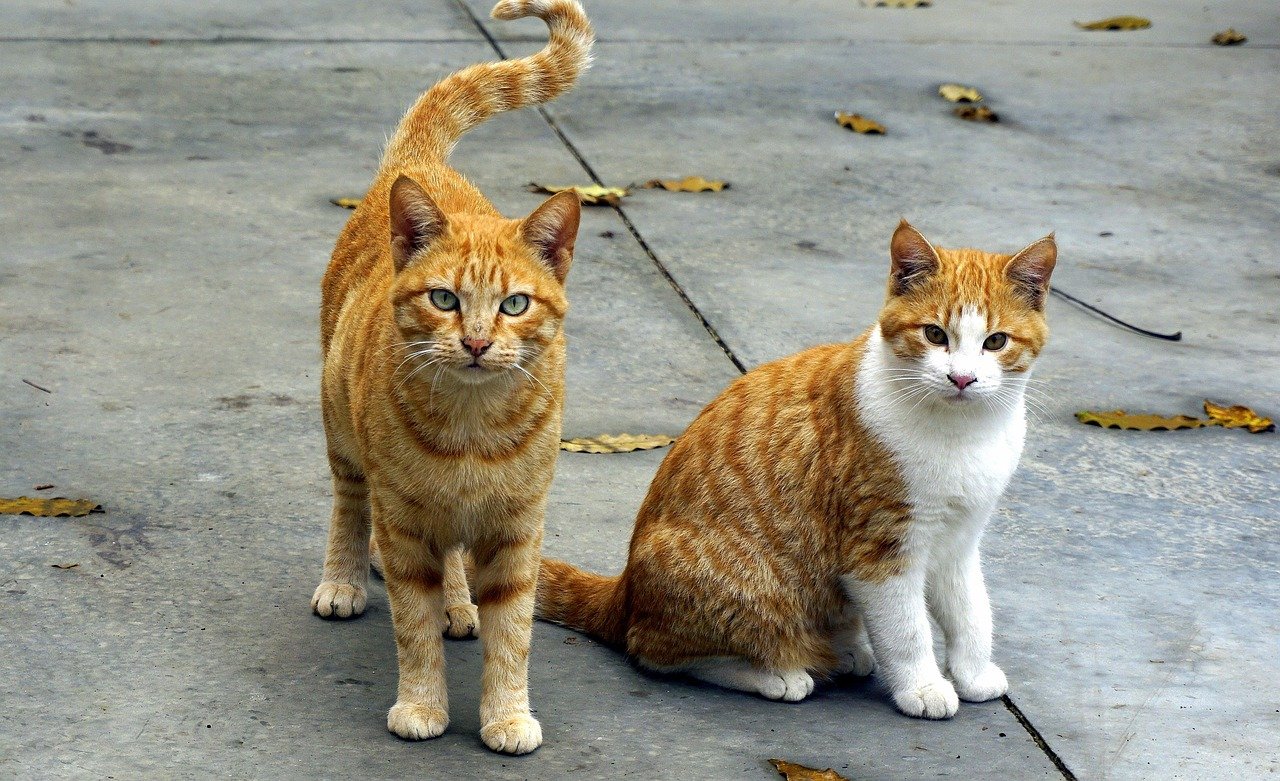
Cats are incredibly observant beings. They watch our every move, from the time we wake up to the way we prepare our evening tea. They quickly learn our habits and routines, and they adapt their own behaviors accordingly. If you always feed them at the same time or play with them after dinner, they remember. This ability to observe and adapt means that cats are constantly forming opinions about the humans they live with.
The Science Behind Feline Preferences

Recent studies in feline behavior suggest that cats do form attachments to people based on predictability and consistency. Researchers have found that cats are more likely to approach and interact with people who follow a regular routine. This doesn’t mean they don’t love a little spontaneity, but the core of their trust seems to rest on knowing what comes next. Predictable humans are less likely to startle or confuse them, making them a safer choice for feline companionship.
Signs Your Cat Trusts Your Schedule
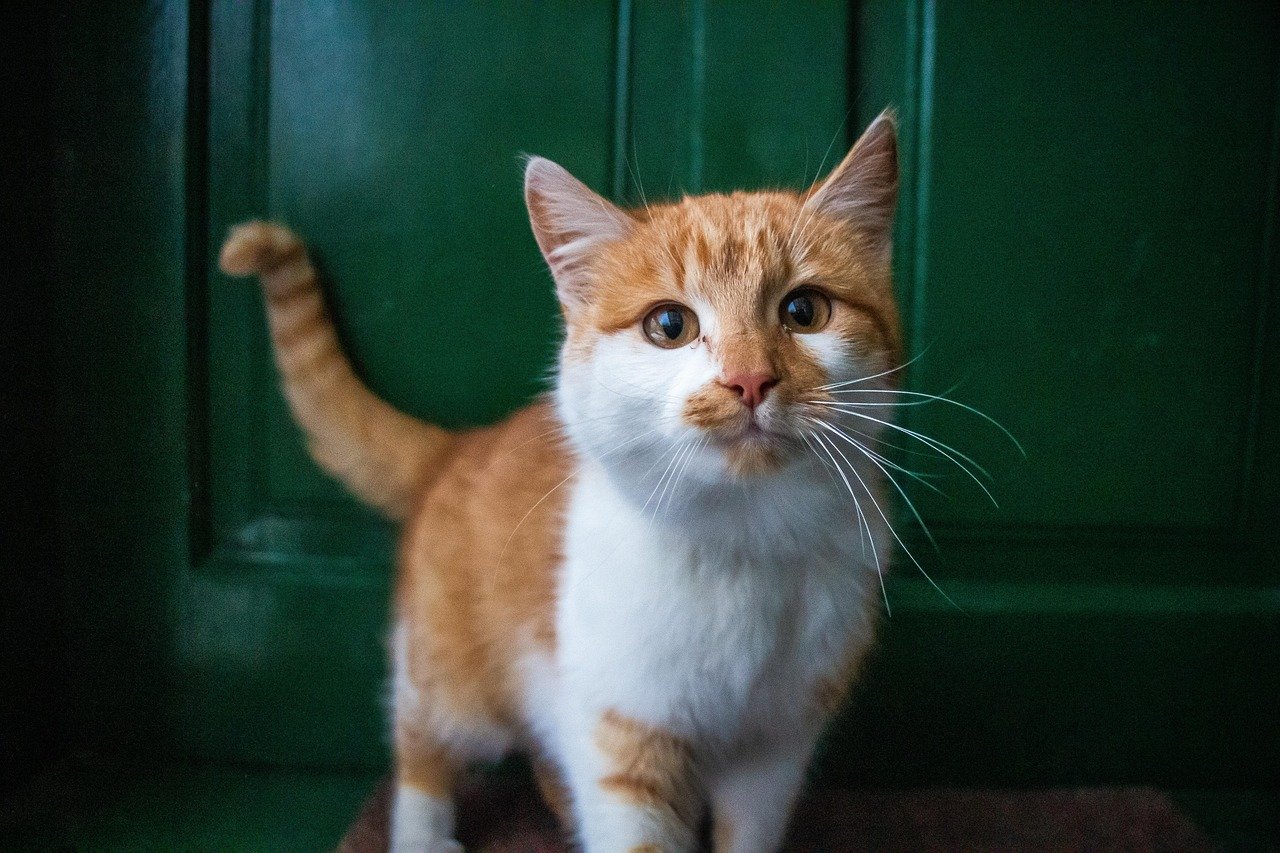
You might notice your cat waiting for you at the door when you come home from work, or meowing at the same time every morning for breakfast. These are signs that your cat has not only learned your schedule, but trusts it. Other signs include following you from room to room, curling up with you during your evening routine, or greeting you at the same spot every day. These behaviors show that your cat feels secure and comfortable with your predictable habits.
When Routines Change: Feline Reactions
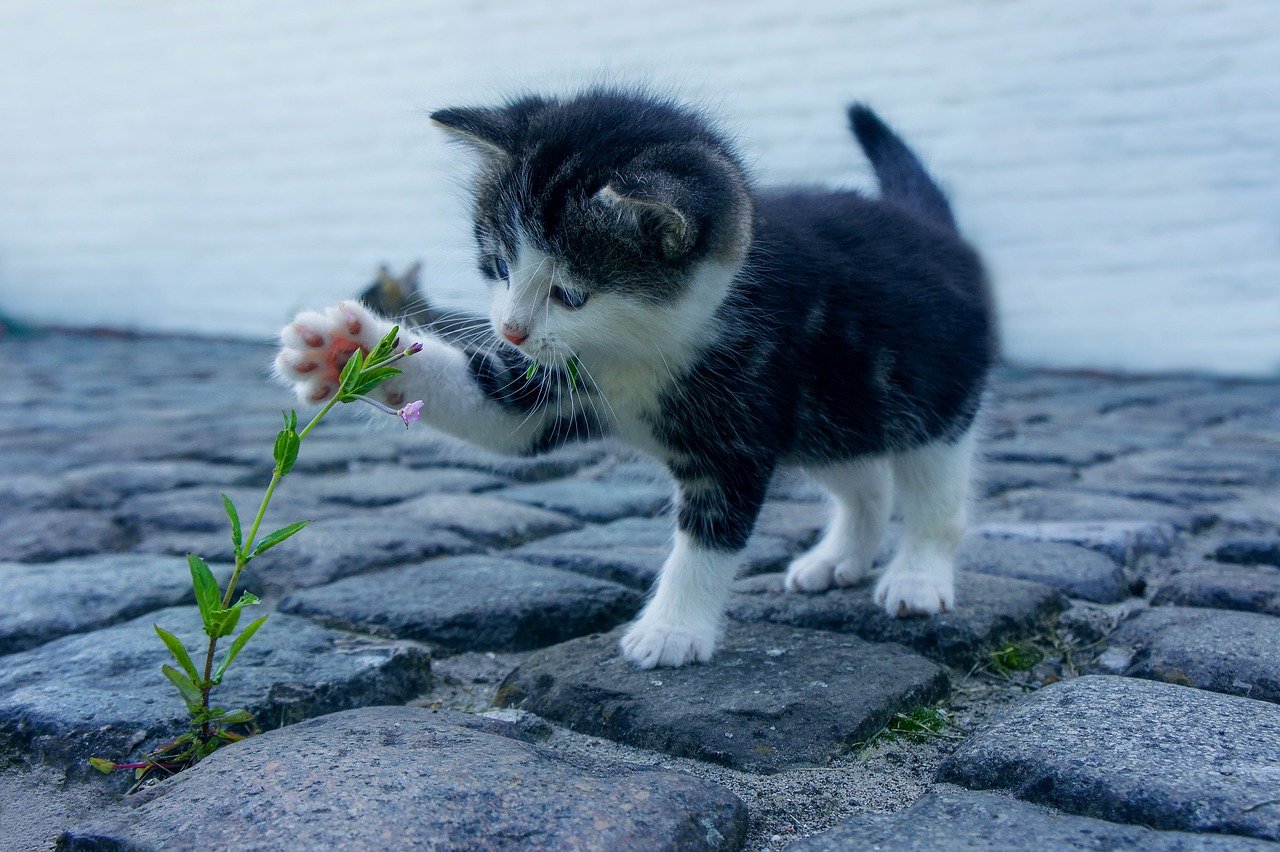
Cats can be surprisingly sensitive to changes in routine. If you suddenly start waking up later, miss a feeding time, or rearrange your furniture, your cat may act out or seem unsettled. Some cats might hide, vocalize more, or even refuse food. These reactions highlight just how much they rely on the stability a routine provides. This is why many experts recommend making any household changes gradually to avoid stressing your pet.
The Role of Feeding Times

Regular feeding times are one of the most important aspects of a cat’s daily routine. Cats have internal clocks that are finely tuned to when they expect to be fed. If you’re the one who always fills their bowl at dawn and dusk, you’re likely to become their favorite human. Cats associate you with nourishment and comfort, deepening their bond with you every time you deliver their meal as expected.
Playtime: Scheduled Fun
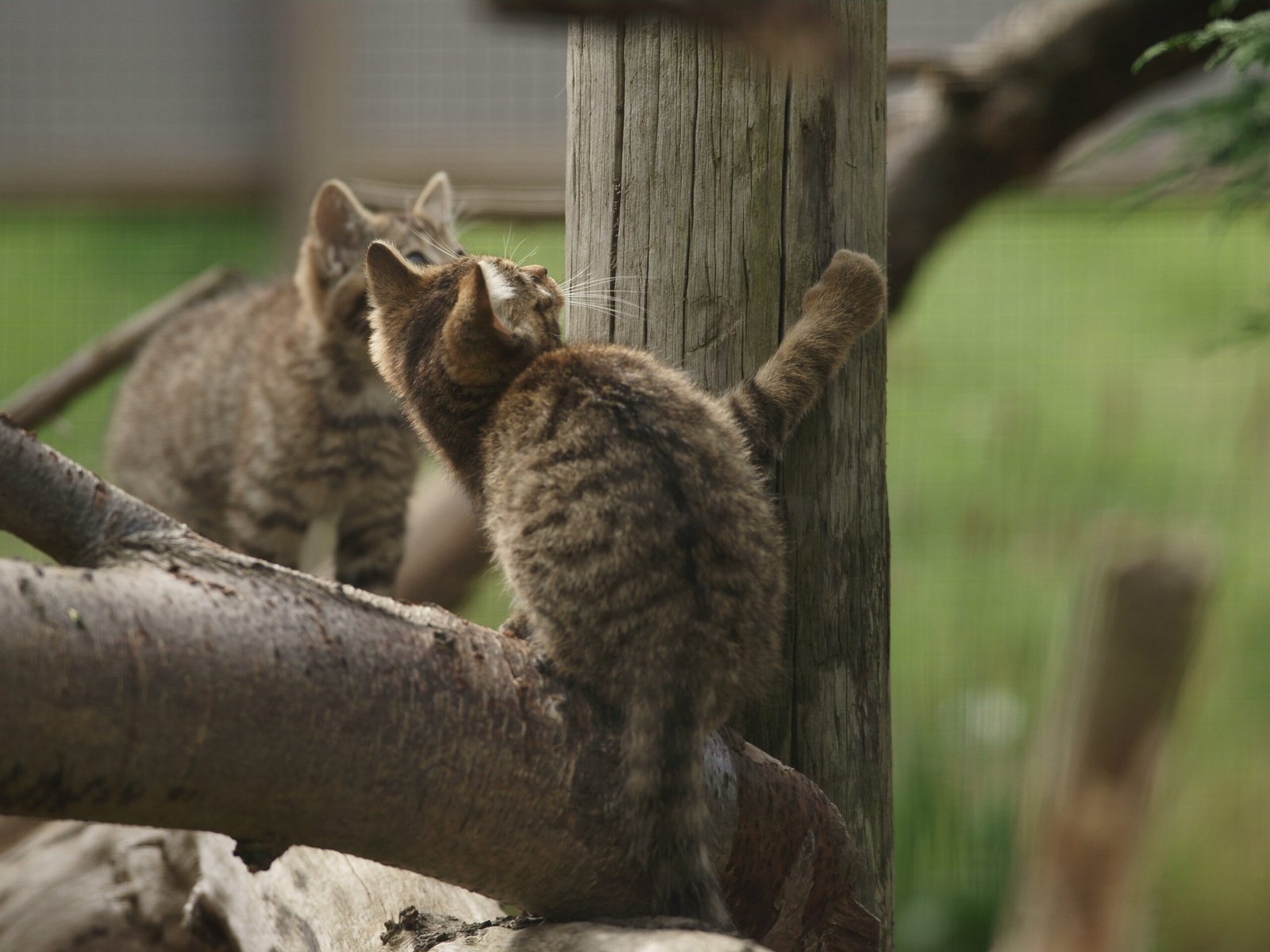
Cats may seem independent, but they crave interaction and play—especially at certain times of day. Scheduling regular play sessions, even if it’s just ten minutes, can help your cat feel more connected and reduce boredom. If you’re consistent with playtime, your cat will learn to anticipate and look forward to these moments together. This not only strengthens your bond but also keeps your cat mentally and physically healthy.
The Importance of Morning Rituals

Many cats become attuned to their human’s morning routine, whether it’s the sound of an alarm clock or the ritual of making coffee. They might rub against your legs as you prepare for the day or hop onto the bed at a specific time. These morning interactions set the tone for your cat’s day and can be a powerful way to build trust and affection. Even small rituals, like a morning pet or treat, can become cherished moments for your cat.
Nighttime and Bedtime Habits

Just as morning routines are important, so are nighttime rituals. Cats often like to wind down with their humans, whether it’s snuggling on the couch or sharing a quiet moment before bed. If you read or watch TV at the same time every night, your cat may join you, seeking comfort in the familiarity. Bedtime routines, like offering a treat or a gentle pet, can signal safety and help your cat relax into sleep.
How Cats Choose Their Favorite Person

It’s not always the person who feeds them the most or buys the fanciest toys. Cats often favor the person who is most reliable in their daily habits. Consistency in interaction, tone of voice, and even the way you walk can all influence your cat’s preferences. If you’re the one who sticks to a routine, chances are your cat will show you the most affection and trust.
Stress and Unpredictability in the Household

A chaotic or unpredictable environment can be a major source of stress for cats. Loud noises, irregular routines, and frequent changes can leave your cat feeling anxious or fearful. People who maintain a steady routine provide a safe haven for their feline companions. In homes where schedules are unpredictable, cats may become withdrawn or even develop behavioral issues.
Multiple People, Different Routines

In a household with several people, cats often “choose” to spend time with the person who is the most predictable. Even if someone else is more playful or offers more treats, the comfort of knowing what to expect can win out. This can sometimes lead to jealousy among family members, but it’s simply a reflection of the cat’s deep need for stability.
Cat Personalities and Individual Differences

Of course, not all cats are the same. Some are more adaptable, while others cling to routine like a lifeline. Age, breed, and past experiences all play a role in how much a cat values predictability. Kittens might be more flexible, while older cats may become set in their ways. Understanding your cat’s unique personality can help you tailor routines that suit their needs.
The Power of Predictable Affection

Cats don’t just want food and play—they also crave affection on their own terms. Offering cuddles and pets at the same times each day can help your cat feel secure. If you’re the type to offer a gentle scratch behind the ears every evening, your cat will likely look forward to this ritual. Predictable affection becomes a language of love between you and your pet.
Using Routine to Build Trust with Shy Cats

Shy or anxious cats benefit greatly from predictable routines. Regular feeding, play, and quiet time can help them feel more confident and willing to interact. If you’re patient and consistent, even the most timid cat can learn to trust and seek out your company. Routine is the bridge that helps shy cats feel safe in a world that might otherwise seem overwhelming.
Travel and Routine Disruptions
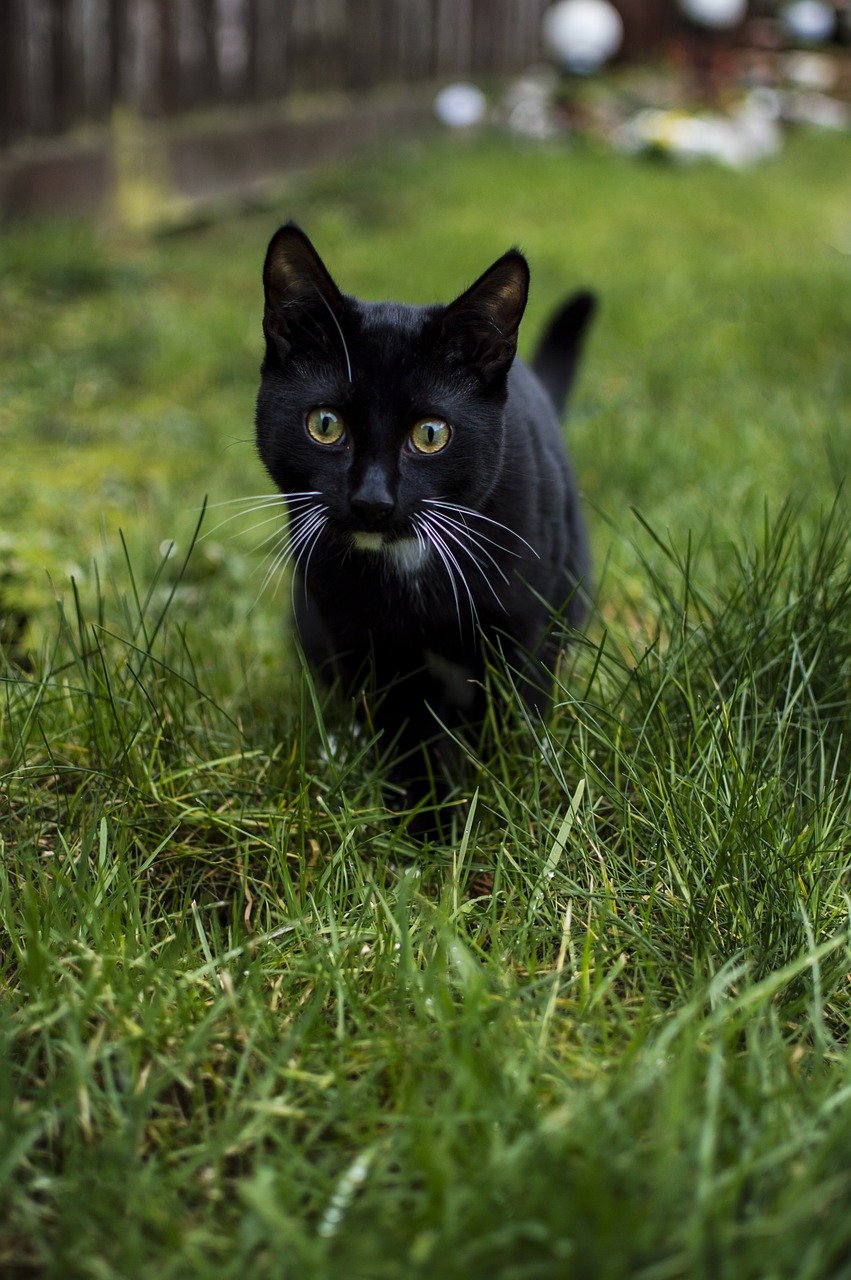
Travel, guests, or moving to a new home can all disrupt your cat’s routine. Cats may hide, refuse to eat, or act out when their schedule is thrown off. Owners who return to their usual routines as soon as possible help their cats readjust more quickly. Keeping some familiar habits, even in new environments, can provide much-needed comfort.
Children and Cat Routines
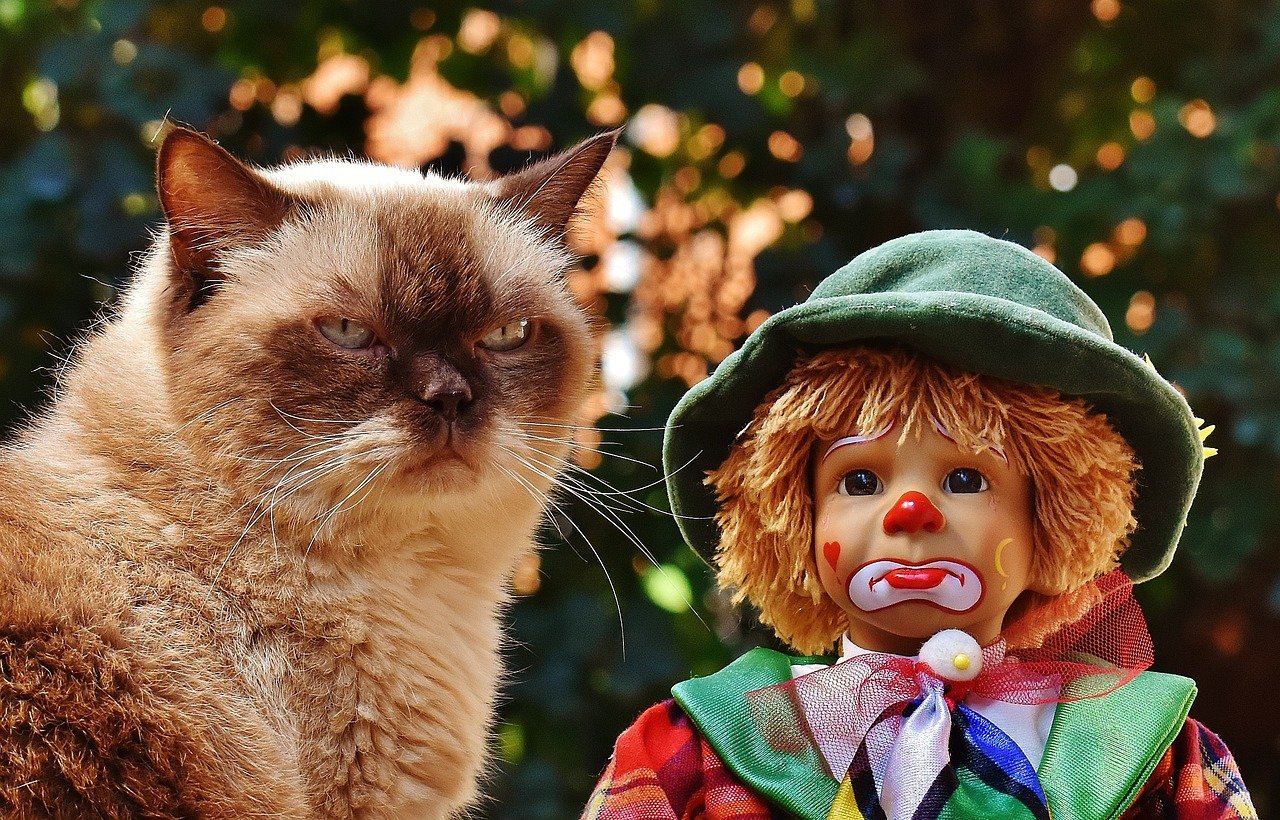
Children often have unpredictable energy, which can be confusing for cats. Teaching kids to respect the cat’s routine—like not disturbing them during naps or feeding times—can make a big difference. Involving kids in daily rituals, such as feeding or gentle play, can also help cats accept and bond with younger family members, as long as it’s done consistently.
Adapting for Senior Cats
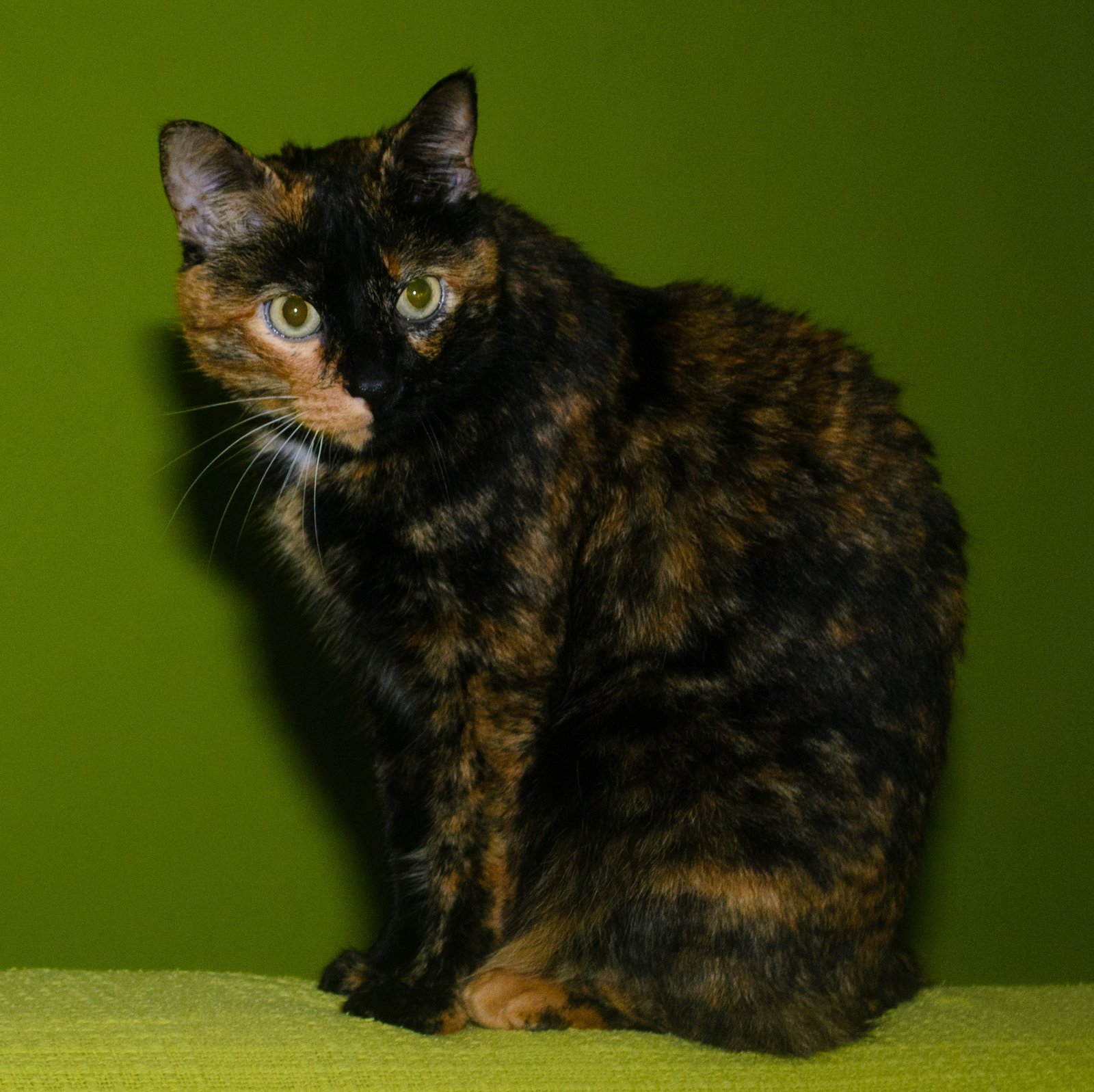
Older cats can become especially attached to routine. As their senses and mobility change, they may rely even more on predictable schedules to feel comfortable. Keeping feeding times, grooming, and play sessions regular helps senior cats stay calm and happy. If changes are needed, introducing them gradually can prevent unnecessary stress.
The Role of Scent and Familiarity
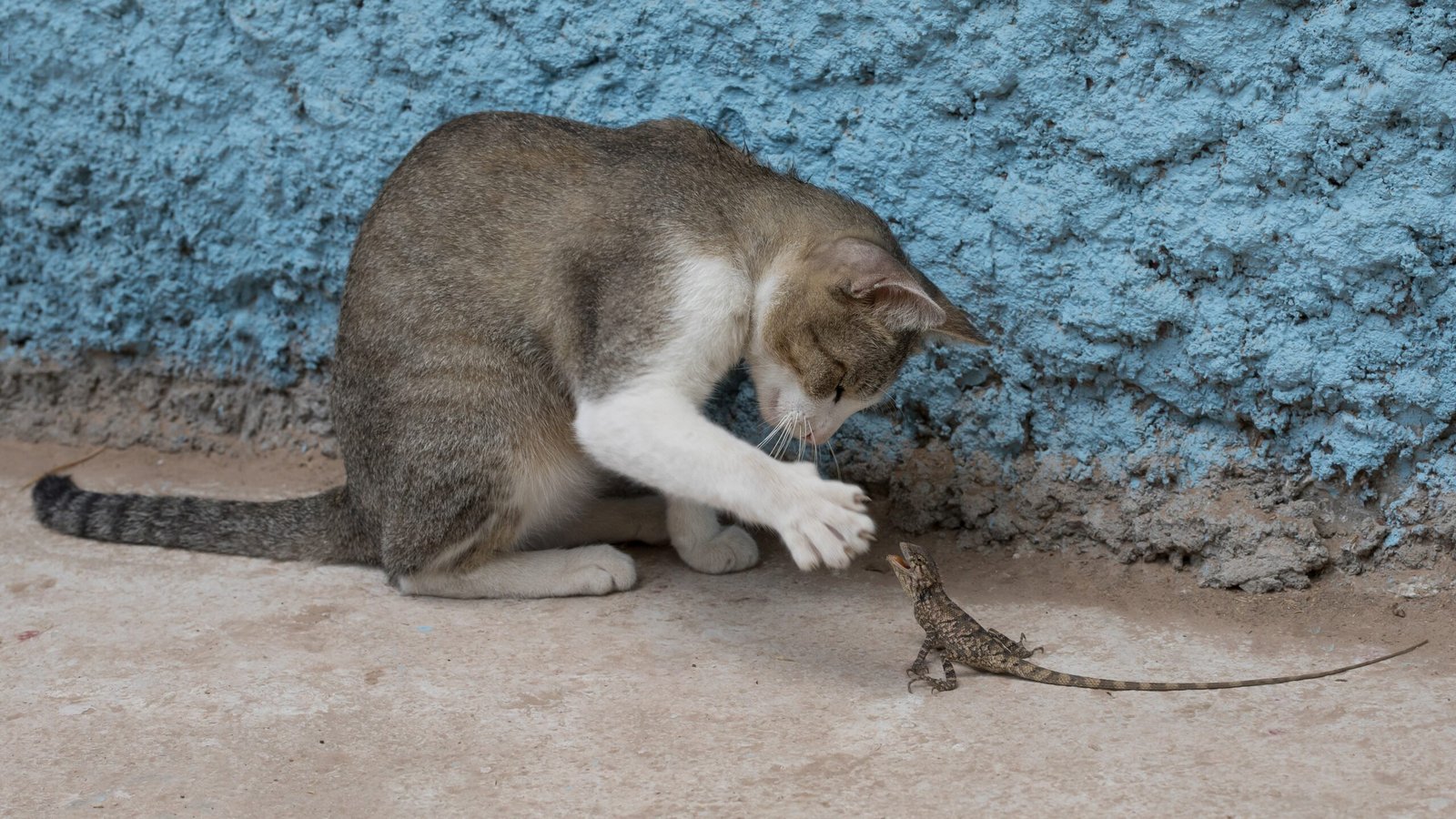
Cats use scent to navigate their world. They often mark their favorite people and places by rubbing or head-butting. Routine strengthens these associations by bringing familiar scents and activities together each day. When you follow the same schedule, your scent and presence become a trusted part of your cat’s daily life, reinforcing their sense of safety.
Building Stronger Bonds Through Consistency

At the heart of a great relationship with your cat is consistency. Whether it’s feeding, play, affection, or simply being present at the same times each day, routine helps build a powerful bond. Cats may never express their feelings as openly as dogs, but their trust in your daily habits speaks volumes. Following a steady schedule isn’t just good for your cat—it’s good for you, too, deepening the friendship between you and your feline companion.
Hi, I’m Bola, a passionate writer and creative strategist with a knack for crafting compelling content that educates, inspires, and connects. Over the years, I’ve honed my skills across various writing fields, including content creation, copywriting, online course development, and video scriptwriting.
When I’m not at my desk, you’ll find me exploring new ideas, reading books, or brainstorming creative ways to solve challenges. I believe that words have the power to transform, and I’m here to help you leverage that power for success.
Thanks for stopping by, Keep coming to this website to checkout new articles form me. You’d always love it!






